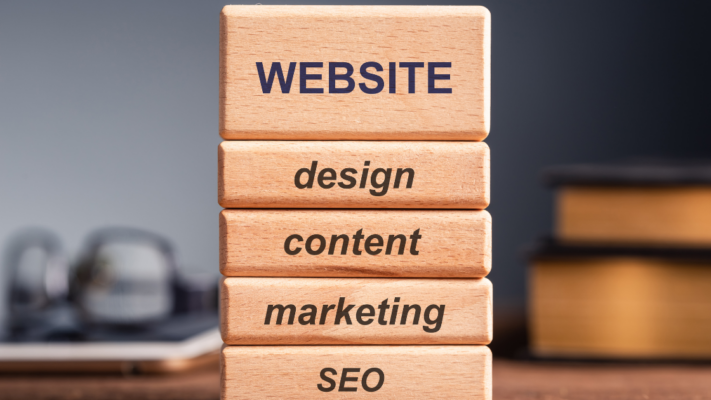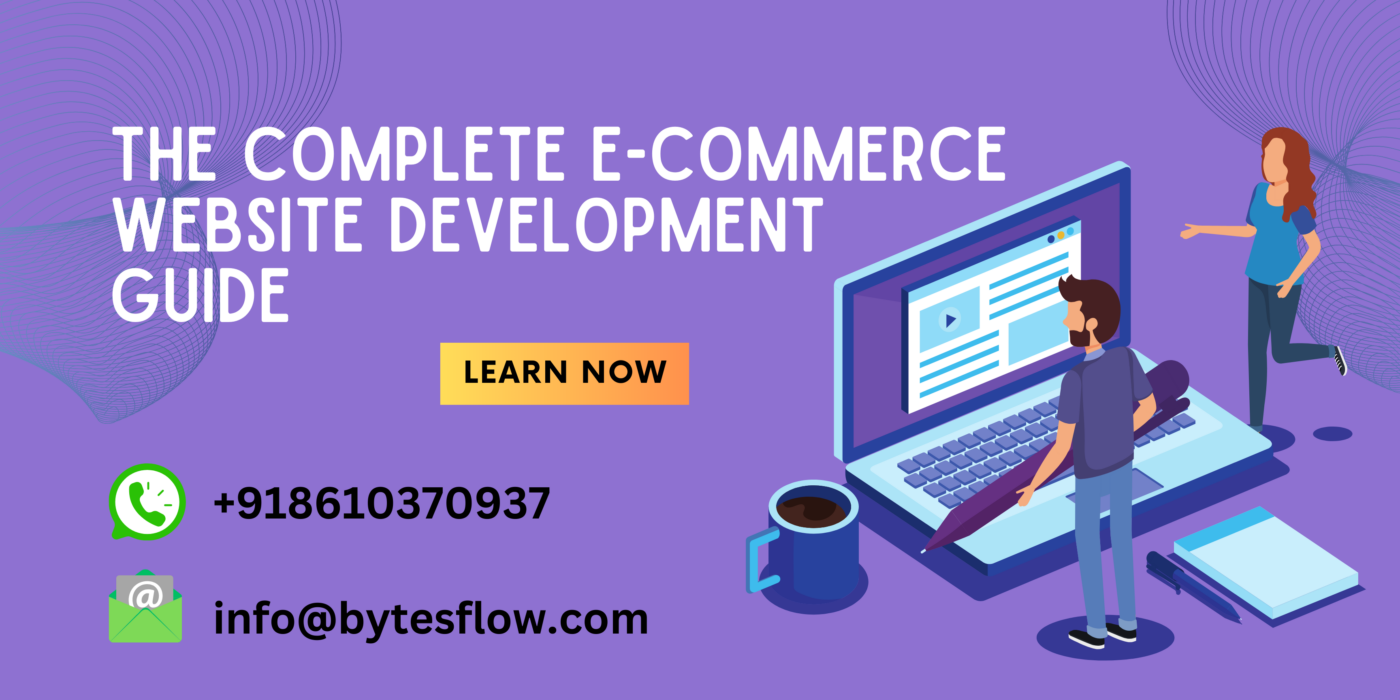The landscape of E-commerce has evolved significantly from its conventional roots with the widespread adoption of the internet across the globe. In this digital age, purchasing and selling goods through online platforms has become commonplace, with the e-commerce sector experiencing exponential growth, especially during the Covid-19 lockdowns.
For businesses, embracing online sales not only offers substantial profitability but also enhances visibility among their global target audience. Moreover, the e-commerce industry presents numerous advantages over traditional methods, prompting many platforms to venture into this domain. As per reports, e-commerce sales could constitute 23% of global retail sales by 2027.
To capitalize on this impending trend, it is imperative for businesses to have a well-designed e-commerce website. Indeed, effective e-commerce website development is integral to the success of any business venture in this digitally-driven marketplace.
Having a strong online presence is crucial for any business, especially if you’re looking to sell products or services. E-commerce website development is the process of creating an online platform that allows you to do just that. It’s more than just a digital storefront; it’s about crafting a user-friendly experience that converts visitors into customers.
This guide will walk you through the essential steps of a successful e-commerce website development process.
E-commerce Website Development Essentials

1. Planning and Foundation
- Define Your Business Goals and Niche: What are you hoping to achieve with your website? Who is your target audience? Understanding these fundamentals will guide your website’s design, functionality, and content.
- Select a Domain Name and Hosting: Your domain name is your website’s address on the internet, and hosting is the service that makes your website accessible online. Choose a domain name that’s memorable and reflects your brand. Opt for a reliable hosting provider that can handle the traffic you anticipate.
2. Building Your E-commerce Platform
Selecting the Ideal E-commerce Platform: This can be a nuanced decision, as the market offers a number of options, each boasting its unique advantages and limitations. For your finest e-commerce website development, consider factors like scalability, features, ease of use, and pricing when making your decision.
3. Design and User Experience
- Design Your Website: Your website’s design should be visually appealing, user-friendly, and consistent with your brand identity. For your e-commerce website design, prioritize clear navigation, high-quality product images, and informative product descriptions.
- Mobile Responsiveness: In today’s mobile-first world, ensure your website is responsive and adapts seamlessly to different screen sizes. A significant portion of your traffic will likely come from mobile devices, so a smooth mobile experience is essential.
4. Functionality
- Set Up Product Listings: This is the heart of your e-commerce website development. Each product should have its own dedicated page with clear descriptions, specifications, high-resolution images, and variations (size, color, etc.).
- Integrate a Secure Payment Gateway: Customers need to trust that their financial information is safe. So, in the process of your e-commerce website development, integrate a secure payment gateway like PayPal or Stripe to ensure a smooth and secure checkout process.
- Implement Shopping Cart and Checkout: The shopping cart allows customers to add products to their purchases and review them before checkout. The checkout process should be simple and streamlined, minimizing steps and distractions.
5. Security and Trust
- Implement Website Security Measures: Protect your website and customer data with essential security measures like SSL certificates and secure login protocols.
- Build Trust and Credibility: Display trust signals like customer reviews, secure payment badges, and clear return policies.
6. Optimization and Growth
- Optimize for SEO (Search Engine Optimization): Help potential customers find your website by implementing SEO best practices. This includes keyword research, content optimization, and building backlinks.
- Set Up Analytics and Tracking: Track website traffic, user behavior, and conversion rates using analytics tools like Google Analytics. This data will help you identify areas for improvement and optimize your website for better performance.
- Test and Quality Assurance: Before launching your website, thoroughly test all functionalities, including product listings, shopping cart, and checkout process. Guarantee a seamless user experience on every device.
7. Launch and Beyond
- Launch Your Website: It’s time to unveil your e-commerce website to the world! Promote your website through marketing channels like social media, email marketing, and search engine advertising.
- Provide Ongoing Maintenance: Your website is a living entity that requires ongoing maintenance. Update product information, address security vulnerabilities, and keep your website software current.
The End of the Beginning in E-commerce Website Development
E-commerce website development is the cornerstone of success in today’s digital marketplace. From meticulous planning and strategic design to seamless functionality and robust security measures, every aspect of the development process is essential in creating a compelling online shopping experience.
As businesses navigate the ever-evolving landscape of e-commerce, investing in a well-designed and user-friendly website is not just an option but a necessity. By embracing innovation, prioritizing customer satisfaction, and staying ahead of the curve, businesses can unlock the tremendous possibilities of e-commerce and thrive in an increasingly competitive environment.
So, are you looking for the most efficient e-commerce website development solutions? There is no other ultimate choice except Bytesflow Technologies. Our e-commerce website development company in Chennai provides a variety of cutting-edge e-commerce solutions that are suited to your specific requirements.
So, don’t wait; let our website development company in Chennai show you how can help you stand out from the e-commerce sector with the most advanced solutions. Let’s get in touch!
WhatsApp: +918610370937
Mail: [email protected]
Aparna Babukuttan is a content writer at Bytesflow Technologies who writes with passion and emotions. She has a keen interest in exploring the latest technologies and has years of experience in writing for artificial intelligence and Web3 including blockchain, NFT, metaverse, and cryptocurrency. Beyond Blockchain, Aparna also lends her expertise to crafting captivating narratives for on-demand food delivery businesses.

